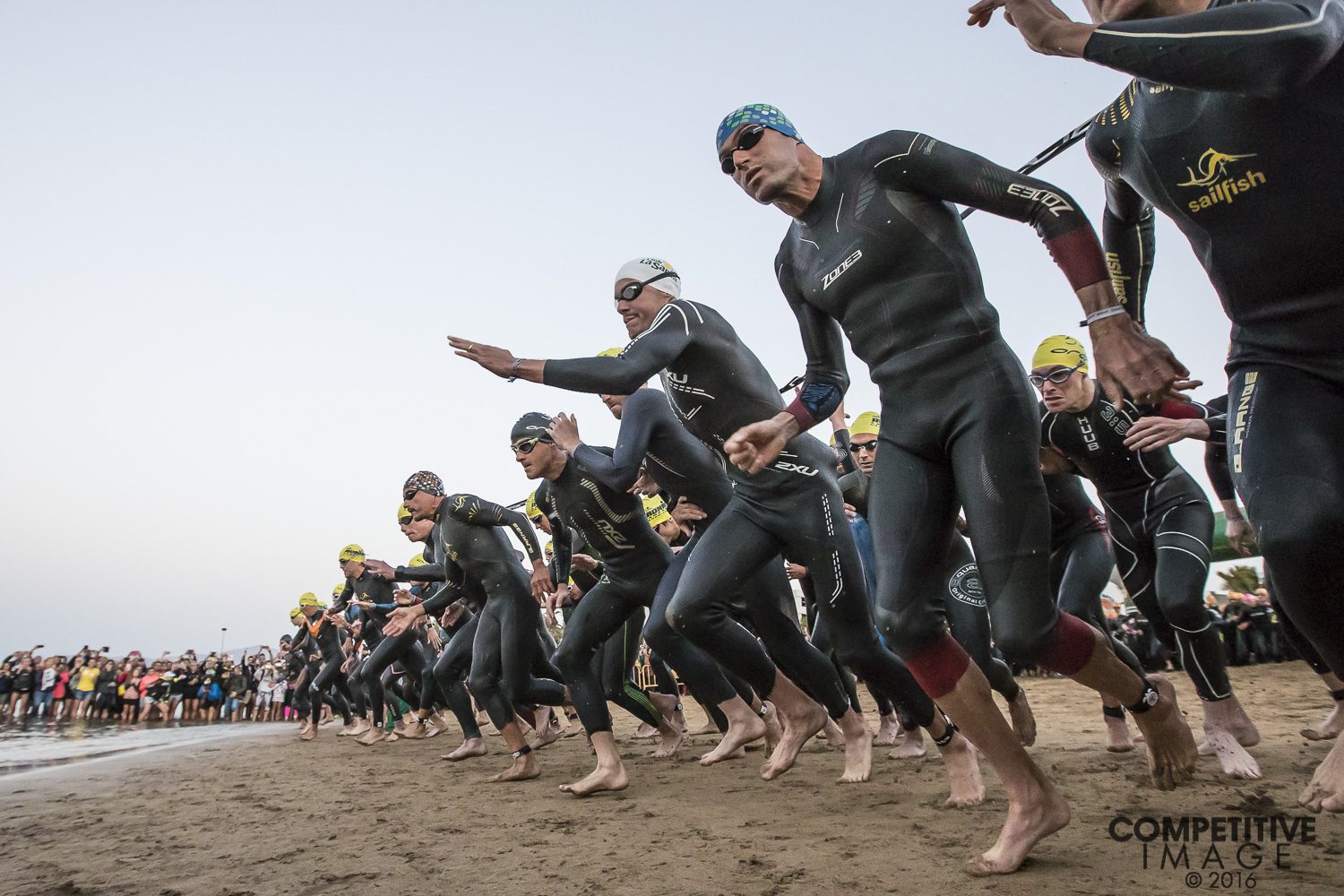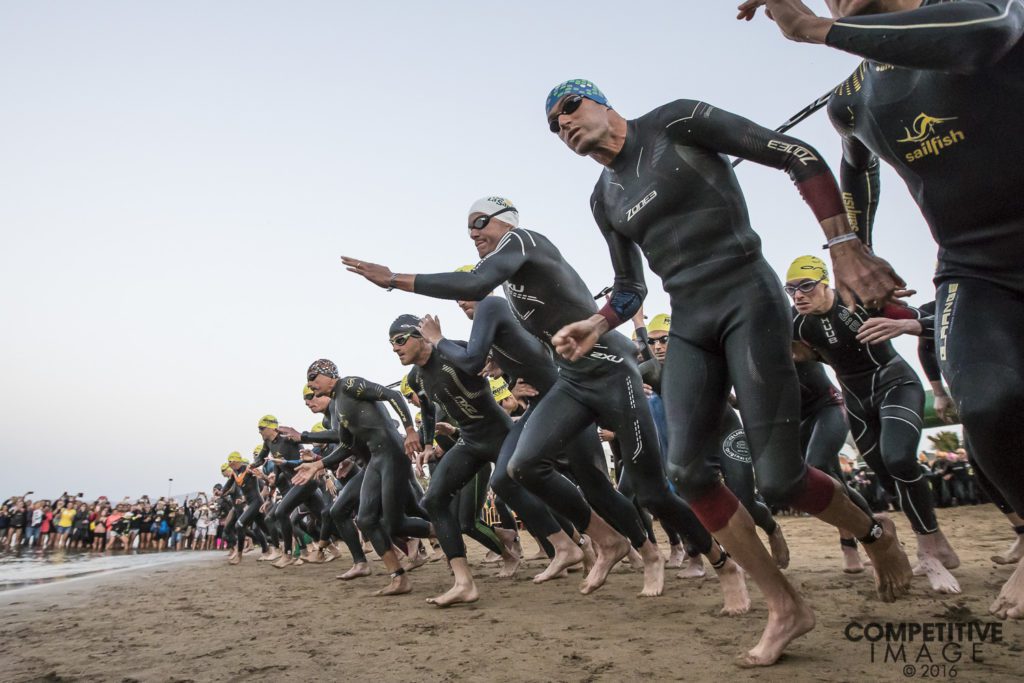Overloading reaps rewards if done properly
Get ready for your big triathlon this summer with a useful training technique

— By Chris Willer
It’s all too easy to fall victim to overtraining as a triathlete. Training too much and fatiguing both the body and mind can have detrimental effects on overall performance. However, there is a useful aspect of overtraining that is called overloading – purposely overwhelming the body and mind to adjust to longer training and racing.
One of the easiest and more interesting ways to speed up long-distance training is to double up on race weekend by doing multiple races. With the Canadian race season fully underway, there are many opportunities to race every weekend in many areas across the country. Combining races over the weekend is a great way to tax yourself both physically and mentally to not only improve your workout options but also to overload yourself to a positive result.
Here are some training tips when doubling up with shorter races to prepare for your longer race later in the season.
Day One
- Go fast! Shorter races are the time to open up the speed throttle. Many longer distance athletes give up pure speed to accomplish endurance and completion of the race. Use the first day’s sprint race to rocket through the event, pushing your max VO2, anaerobic threshold work, and muscular turn over.
- Define each segment of the race. Plan to focus on the speed work of each leg of the race. For example, in the swim concentrate on increasing your arm turnover rate and on the run focus on sprinting to the finish line.
- It’s ok for your heart rate to go up. In a short race, push your training zones and heart rate up. Don’t be scared to do so, the finish line is close. Ways to do that on the bike include increasing your normal RPMs to take advantage of your cardiovascular system and not having to rely so much on your glycogen stores in your muscles if you were to grind out the gearing. On the run, do the same by increasing your foot turnover rate.
- Don’t think of what lies ahead the next day. One of the easiest ways to psych yourself out of a race is to burden yourself with the duration. Focus on the here and now, by focusing on the above changes to pacing or technique.
Day Two
- After day one, treat yourself to some active rest and proper post-race nutrition with high protein content for repair of micro-tearing of muscle tissue. When you roll in for the second day’s event start by acknowledging you will have overloaded your muscles, heart and lungs, and your mind. You will be tired. Embrace that. After all, it’s a training weekend.
- Focus on efficiency. When you’re racing tired, efficiency will save you. Make each swim stroke count, settle into your aerobic zone for the bike course. Pay attention to shoulder tightening and heightening on the run, keep the nutrition and hydration topped up, and slow down your breathing.
- Use your tools and skills to stay in the zone. Rely on your power meter to help focus your wattage. Pay attention to being able to hold your per km times out on the run course. When you are fatigued both from the previous day and the current longer race, it is helpful to rely on technology to help you out.
- Forget about the day before. Whether it went according to plan or not, don’t dwell on the previous day’s race. Both are stand-alone events with different challenges. Stay present and focus on the task at hand.
- Enjoy yourself. If you decide to overload your training by doubling up on race weekend, enjoy the process. It is a useful and different process for accelerating your training in a fun race environment. Use this training technique sparingly and you can improve your acclimatization for race day.

